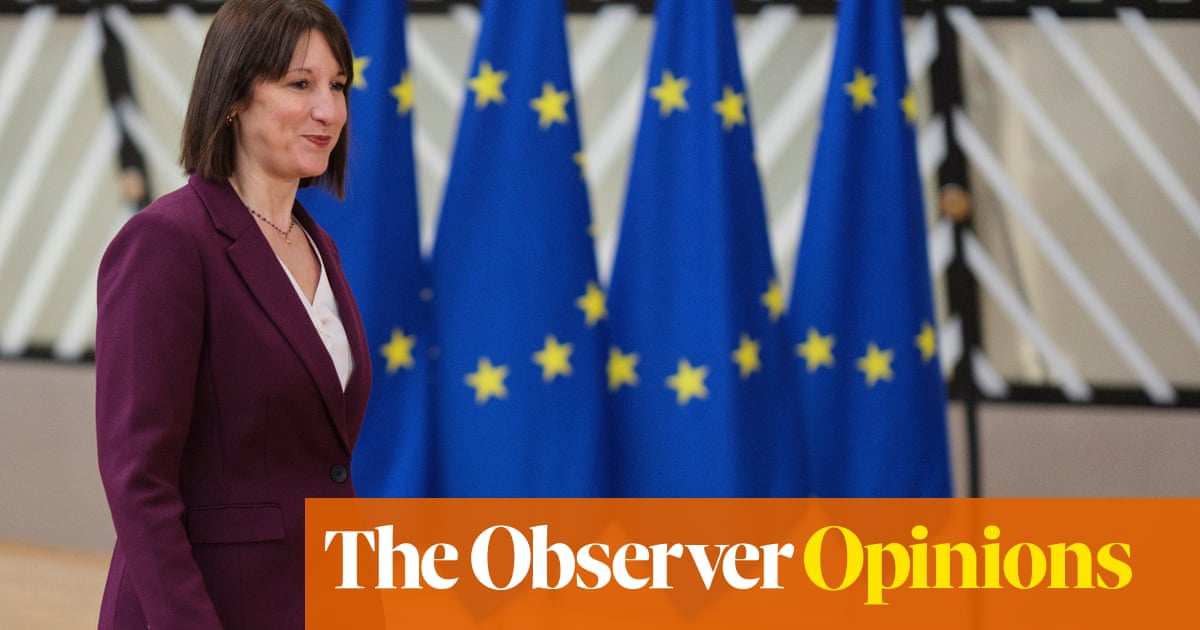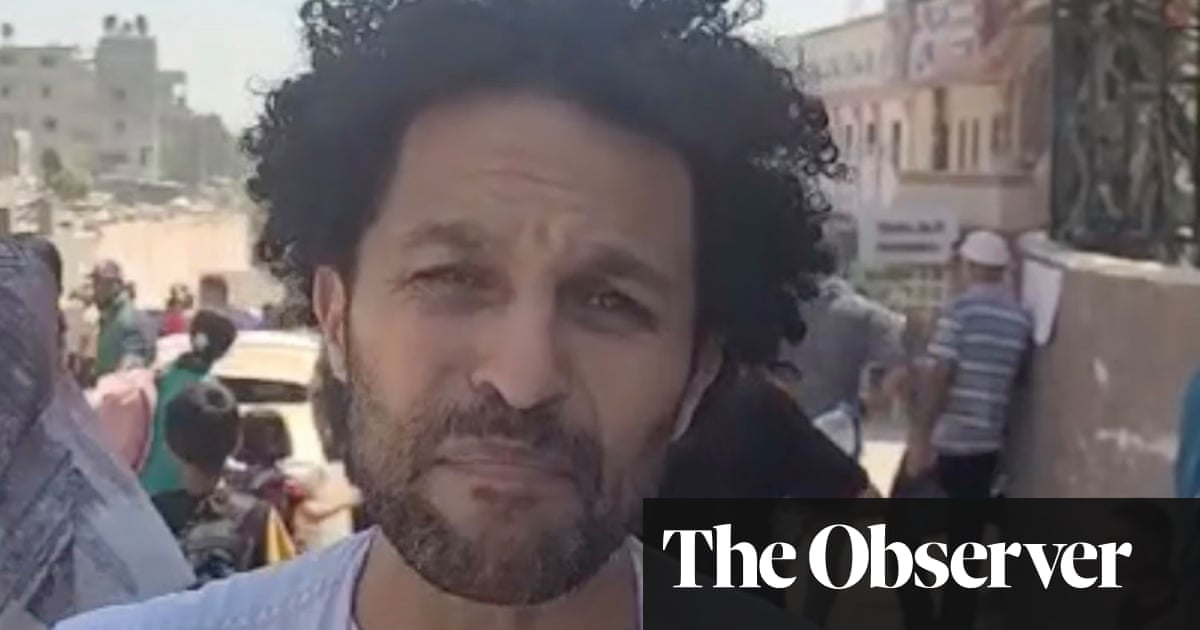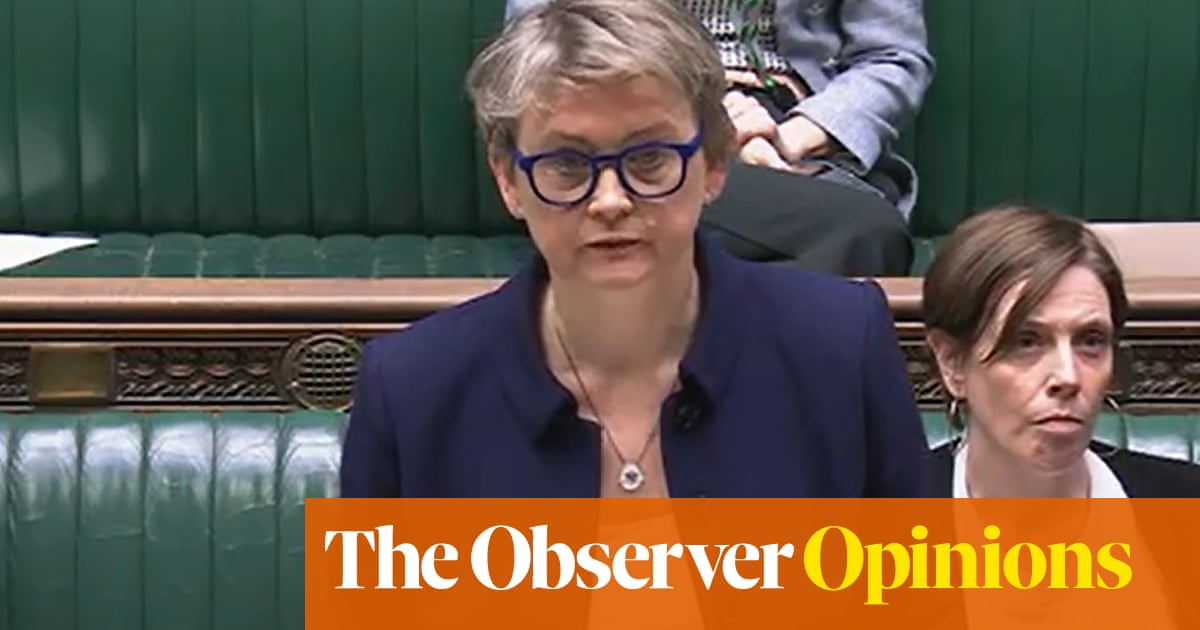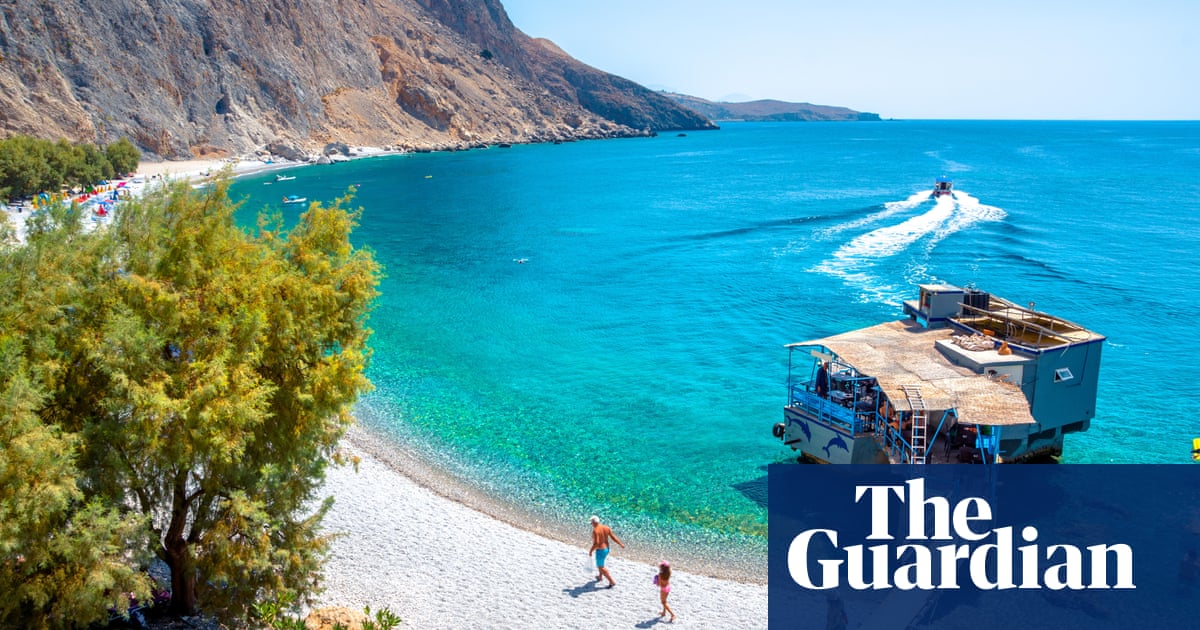The UK has increased its contribution to the World Bank, in a move that will boost prospects for climate finance.
Next week, at a meeting in Seoul of the International Development Association (IDA) – the body that funds the World Bank’s support for low-income countries – the UK will put forward £1.98bn in funding over three years, an increase of about 40% on the previous pledge.
Anneliese Dodds, the development minister, said: “Britain is back with a voice on the world stage. When we said we would take a new approach to development, built on genuine partnerships and based on respect, we meant it. Leaders of low-income countries around the world called for stronger IDA contributions and we listened.”
The World Bank and its fellow multilateral development banks (MDBs) will play a key role in providing the climate finance, mostly in the form of grants and loans, which will be needed to meet commitments made last week at the Cop29 UN climate summit.
Experts and campaigners welcomed the cash injection. Avinash Persaud, climate advisor to the president of the Inter American Development Bank, said: “I recognise the challenging circumstances in which this commitment has been made to some of the most vulnerable countries. I personally wish it was more, but I very much welcome the strong endorsement this makes to the multilateral system.”
Mafalda Duarte, the executive director of the Green Climate Fund, said: “The UK government is fiscally constrained, so this is quite positive.”
Adrian Lovett, the UK executive director of the campaign group ONE, said: “Every pound invested by the UK in IDA helps to catalyse far more from others, ensuring the maximum value to British taxpayers. We look to other countries, including France, Canada and Sweden, to now make their pledges and complete this investment package.”
Recriminations continue to fly after the Cop29 summit, which ended on Sunday amid rancour and accusations that the rich world had betrayed the poor, and that the hosts had stage-managed the conference.
Under the deal that was finally agreed, the governments of developed countries agreed only to supply $300bn (£236bn) of the $1.3tn a year that developing countries have been promised by 2035, in part through the MDBs. The rest is likely to come from the private sector and new forms of finance.
While rich nations have been criticised the most for failing to put forward enough cash for the developing world to tackle climate breakdown, there has also been criticism of the Cop presidency, held by Mukhtar Babayev, Azerbaijan’s environment minister and a former oil company executive. Writing in the Guardian after the talks finished, Babayev blamed “western nations” for being “simply immovable” on the cash on offer, which he said was “too low”.
Christiana Figueres, the former executive secretary of the UN framework convention on climate change (UNFCCC) who oversaw the 2015 Paris agreement and is the co-founder of the Global Optimism thinktank, was critical of Babayev’s comments.
“It is such a betrayal of the role of a Cop president, [who] needs to hold the information of what is going on very tightly and use it for common benefit, to come out and say: this country did that and that country did whatever, and try to lay blame at the feet of different countries, for something that should have been managed very differently,” she said, in her Outrage and Optimism podcast. “I’m really aghast. I’ve never seen this.”
after newsletter promotion
Babayev remains in charge of the UN climate negotiations until next November, when Brazil will take over for the Cop30 talks.
Figueres said the presidency had failed to prepare the ground at Cop29 for a successful deal. “A very, very complicated agreement can never be reached at the last moment. It has to be put on the table and matured throughout the year, not throughout the Cop, which is only two weeks,” she said. “The responsibility of the presidency should have been to begin to mature the landing ground throughout the entire year ... not to expect a miraculous solution to evolve during the two weeks.”
Yvo de Boer, another former executive secretary of UNFCCC, who oversaw the Copenhagen Cop in 2009, which was also characterised by vituperation and chaotic scenes, said: “The Cop presidency serves the interest of all parties. It should therefore avoid any impression of serving national interests. The solution is to have a presidency team that is distinct from the national delegation.”
Duarte said: “I have no doubt the presidency did the best they could.”

.png) 1 month ago
8
1 month ago
8













































